
OR
Experts highlight various geo-strategic, economic challenges in Indo-Pacific region
Published On: March 12, 2019 05:51 PM NPT By: Republica | @RepublicaNepal
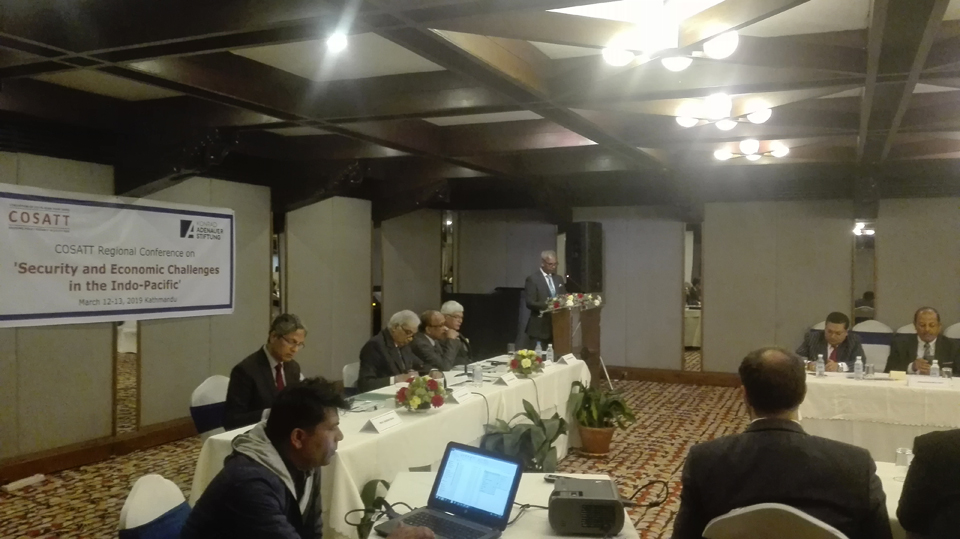
KATHMANDU, March 12: Experts from India, Bangladesh, Nepal and Sri Lanka on Tuesday highlighted contemporary security and economic challenges in the Indo-Pacific region.
Speaking at a two-day "COSATT Regional Conference on Security and Economic Challenges in the Indo-Pacific" in the capital, the eminent scholars were of the view that the South Asian countries should cautiously handle their ties with the United States and China in the changed context.
Major General AKM Abdur Rahman, the director general at the Bangladesh Institute of International and Strategic Studies, said that the geopolitical rivalry between the United States and China may destabilize peace and stability in smaller countries like Bangladesh and Nepal.
"With the resurgence of China, the United States has been focusing its strategy in the Asia region. However, it failed to deliver on its promises to Asia during the Obama administration and now it is coming with the Indo-Pacific concept while renaming the erstwhile Asia Pacific concept," he said.
The major general stressed the need for cooperation among the South Asian countries to overcome these security and economic challenges brought by the Indo-Pacific concept launched by the United States and China's Belt and Road Initiative.
Nepal's Former Permanent Representative to United Nations in Geneva, Shambhuram Simkhada said that it will be very crucial question for the South Asian countries to strike balance between the Indo-Pacific concept and the Belt and Road Initiative.
"We have left the SAARC in the lurch and started now talking about the BIMSTEC and other initiatives in this region. So, it will be very interesting to see how India will take the lead of South Asia in coming days" he said.
Professor Gamini Keerawella, who is associated with at the Regional Center for Strategic Studies in Sri Lanka, presented a historiography of the Indian Ocean. He said that India is in the heart of the US-proposed Indo-Pacific concept. "India is also getting involved in the Indo-Pacific concept as it serves security and maritime interests of India," he said.
Saying that China has emerged as a new power in South Asia, Keerawella was of the view that the United States has also been emerged as the regional power in this region with its new Indo-Pacific concept.
Professor at the Jawaharlal Nehru University in India, Swaran Singh, said that the United States is under pressure to redouble its efforts to expand its influence in South Asia after the rise of China. He was of the view that the South Asian countries have been striking balanced relationship between China and the United States in recent years.
Chrisitian Echle, director at the Regional Programme Political Dialogue Asia, Konrad Adenauer Stiftung, said that Germany and the entire Europe is interested to work with Japan, India, and Australia under the Indo-Pacific concept. "We are not competing with China's BRI at all," he said adding that the European countries support the idea of freedom of navigation and maritime security in the Indo-Pacific region.
Seshadri Chari, strategic and foreign policy analyst in India, said that Nepal can play a greater role in the Indo-Pacific concept.
During the event, Nischal Pandey, the director at the Centre for South Asian Studies in Kathmandu, welcomed the participants.
You May Like This
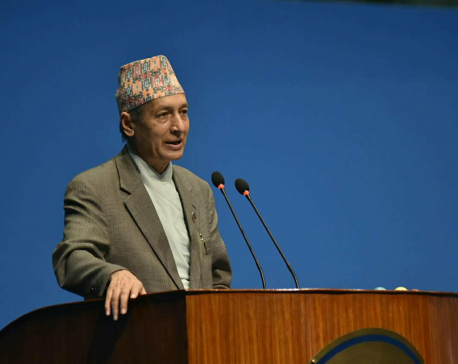
Economic survey presented, projection of 5.9 economic growth
KATHMANDU, May 27: Finance Minister Dr Yuba Raj Khatiwada presented the economic survey of the current fiscal year and annual status... Read More...

BRI expected to promote economic activities
KATHMANDU, Sept 23: The 'Belt and Road Initiative' is expected to promote economic activities through the expansion of connectivity at... Read More...

'Governance stability a key to economic development'
KATHMANDU, Dec 10: Experts have said that stability of governance is more important than political stability for the economic development of... Read More...


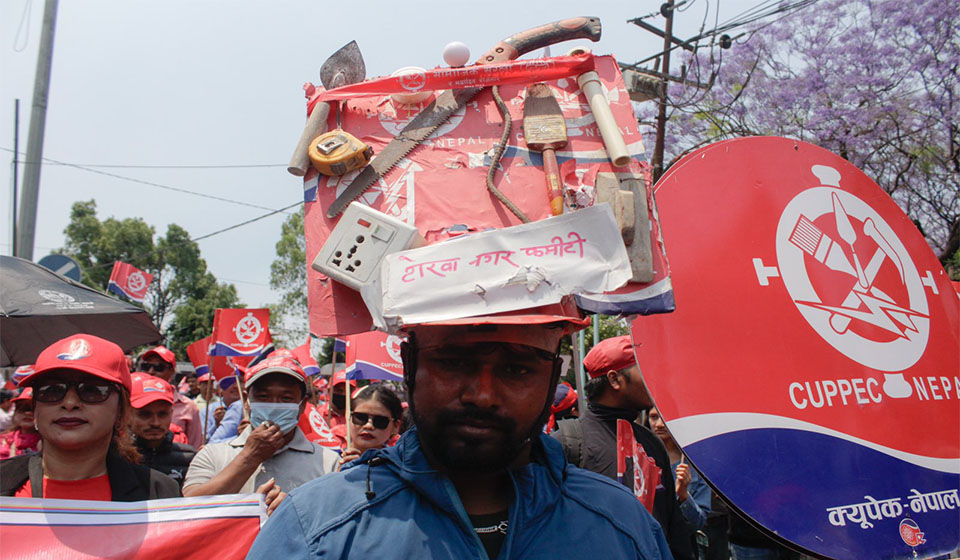
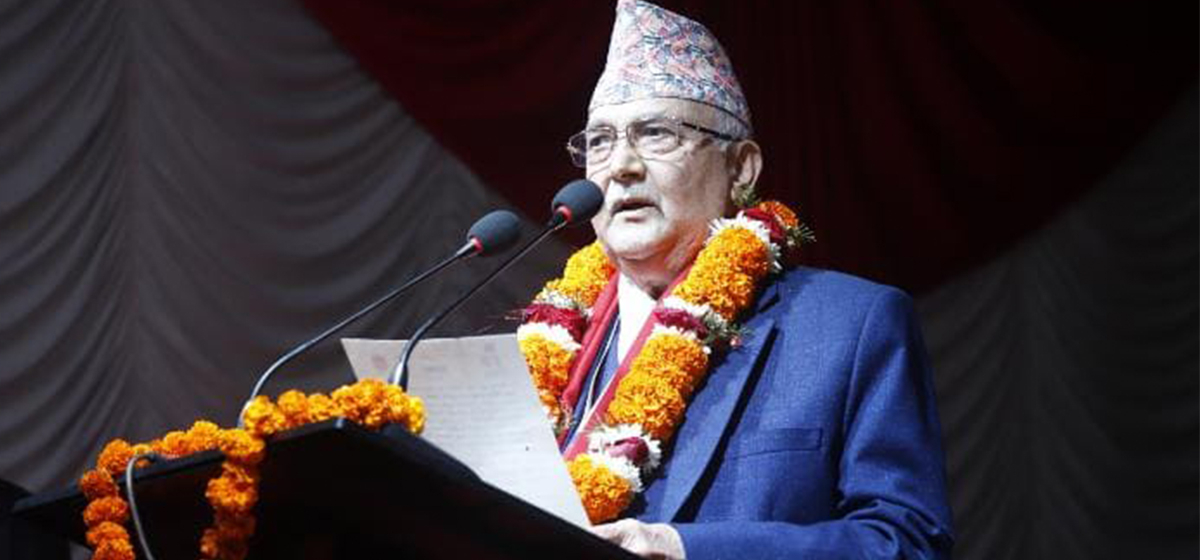
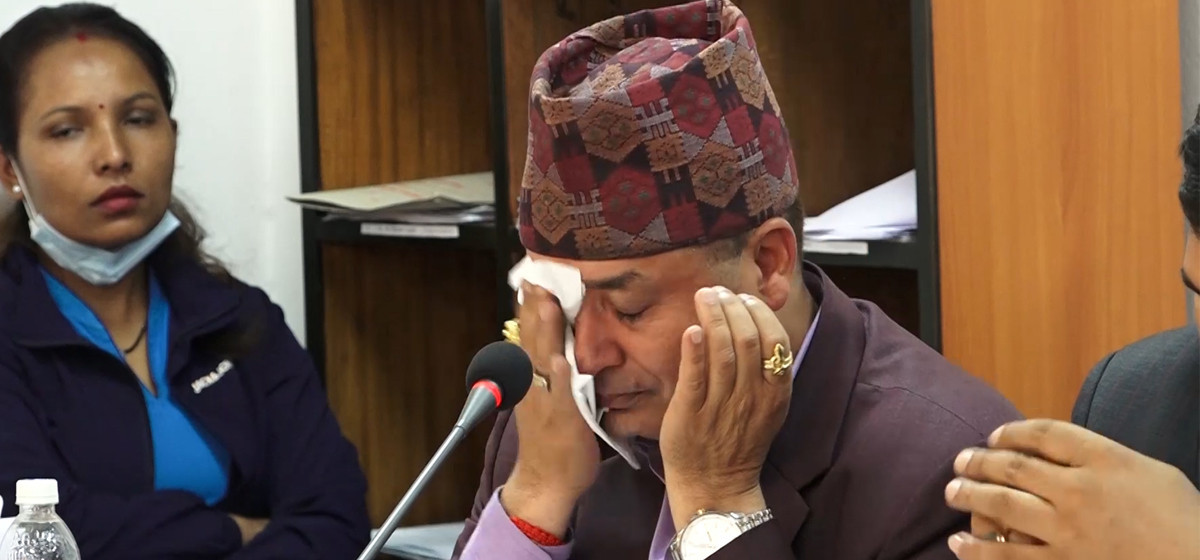
Just In
- Int’l Labor Day being observed today (Photo Feature)
- Oli extends Int’l Workers' Day best wishes
- Third T20 match: Nepal fielding first against West Indies ‘A’
- Gold price decreases by Rs 2,700 per tola today
- Two arrested for theft at Nabil Bank in Birgunj
- One more individual succumbs to injuries while extinguishing fire in Lalitpur
- Three individuals including the then PADT Member Secretary Milan Thapa cleared of charges in Jalhari case
- Third T20 match between Nepal and West Indies 'A' today




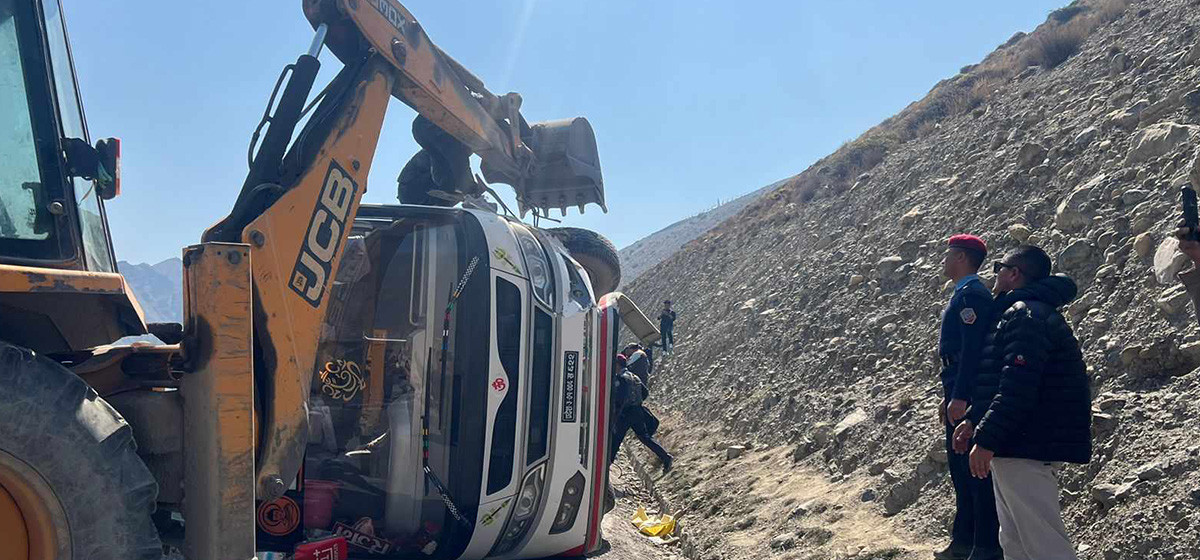


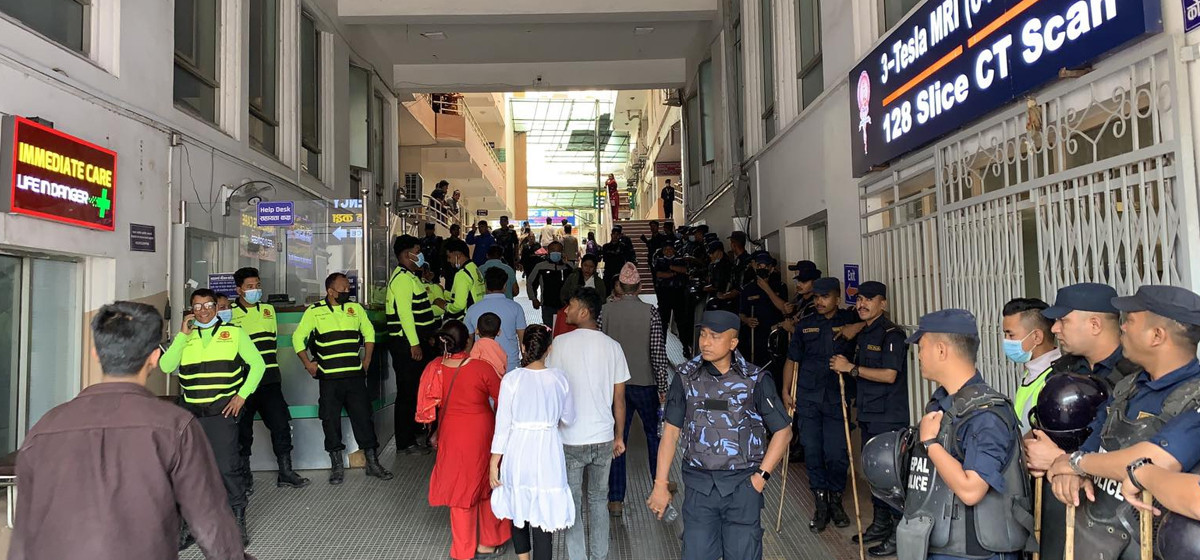

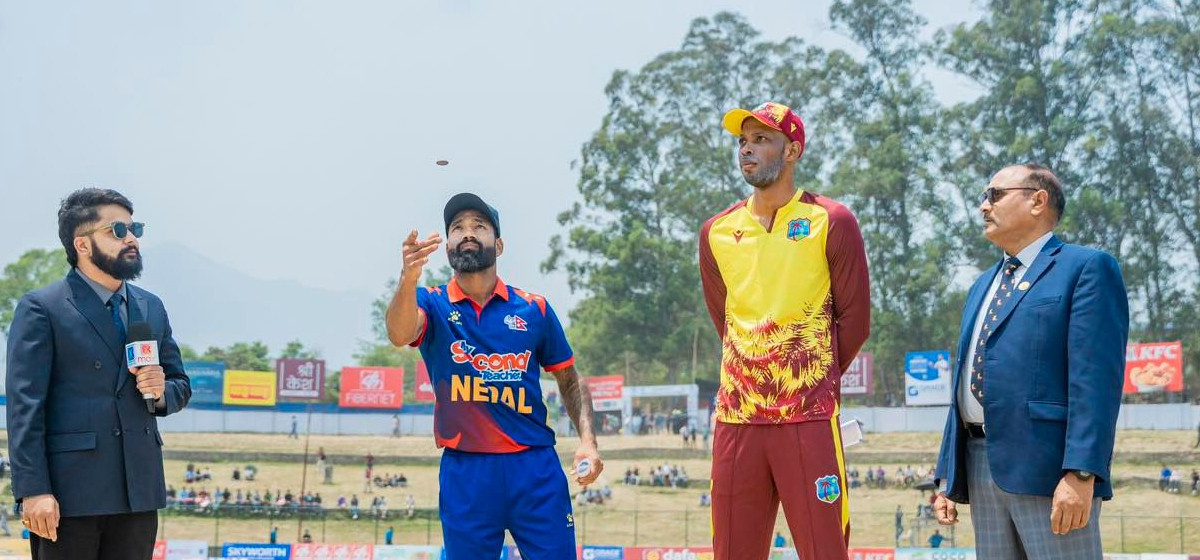



Leave A Comment